Solar Lights Quality Evaluation Videos
Solar street lights are more and more popular because of its advantages, however, upon opening Amazon’s website and entering “Solar Street Light”, over 70% of the products listed on the first page are falsely advertised, with some exaggerations being particularly severe (up to 100 times).

Table of Contents
Please note: professional LED solar street lights should have a power rating of less than 50 Watts and a luminous flux of less than 10,000 Lumens (luminous flux is a crucial parameter for measuring the brightness of a light, some professional special solar lights may achieve 100w with 20,000 Lumens, but I didn’t test yet). This is determined by the performance limitations of the solar panels, batteries, and LED light sources, as well as the installation conditions.
Most of the solar lights sold on Amazon are primarily for personal use and do not meet professional standards. Therefore, the actual upper limits for power and brightness are even lower.
Evidence
In the below images I captured from Amazon’s website, I highlighted false advertised data in red. We can see that sellers claim their LED Solar Street lights have power outputs of 1,000W, 1,200W, 1,600W, 2,000W, 2,400W, and even 3,200W. They also boast incredibly high lumen outputs, ranging from 100,000 to 260,000 lumens.
Why I am sure these LED solar street lights are falsely advertised?
1.Small solar panels can not drive so high power lights
Anyone with a basic understanding of physics should be well aware that solar light cannot possibly have such high power and luminous flux. Consider this: many appliances in our homes (such as heaters, TVs, induction cookers, air conditioners, and fans) only have a few hundred or thousand watts. If a solar light could reach a few thousand watts, wouldn’t that mean the power generation capabilities of these solar panels are incredibly strong? Could we just install a few small solar panels at home then? Clearly, this is impossible.
-If we want to run the home electric devices by solar, we will need many pcs of big solar panels like the below, not small solar panels used in the Solar Lights.
2. My experience of inspecting lighting products all over China OEM, and ODM factories.
I’m a third-party quality inspector in the lighting industry. My colleagues and I often conduct pre-shipment inspections at various OEM/ODM factories across China. We’ve rarely seen LED lighting fixtures over 2,000 watts. Among all the LED fixtures we’ve inspected, 90% have power ratings less than 300 watts, and only about 5% of LED fixtures reach 500~1500 watts. These lights are typically used in professional football stadiums, installed at high altitudes, and project over long distances, thus requiring such high power. I am 100% certain that the power ratings of the solar lights sold on Amazon, as shown in the above images, are exaggerated by 5 to 100 times or even more, and the exaggeration of the luminous flux is just as shocking.
3. Compare with Benchmark Brand
Let’s make a comparison with a well-known brand. If you go to the Philips Lighting website and look at the parameters of their LED street lights, you will find that the power of the LED street lights is generally within 300W. There are no 500W, 1,000W, or higher LED street lights, let alone 2,000W, 2,400W.
Of course, some might argue that Philips uses conventional street lights powered by alternating current (AC), which are different from solar lights, hence there’s no basis for comparison. This seems somewhat reasonable at first glance. However, in reality, regardless of whether it’s solar or electric, power is a universal basic parameter.
Why Amazon sell these fake LED solar street lights? I assume the following reasons
1. Malicious competition among platforms.
Platforms like Amazon, eBay, Alibaba, and independent sites are in constant competition with each other. Many inferior, falsely advertised solar lights are sold on these platforms. If Amazon were to enforce strict controls, it could significantly reduce the range of available products, thereby lessening its competitiveness. In a chaotic situation, honest and serious companies and platforms can lose many business opportunities, so they have no choice but to participate in cutthroat competition.
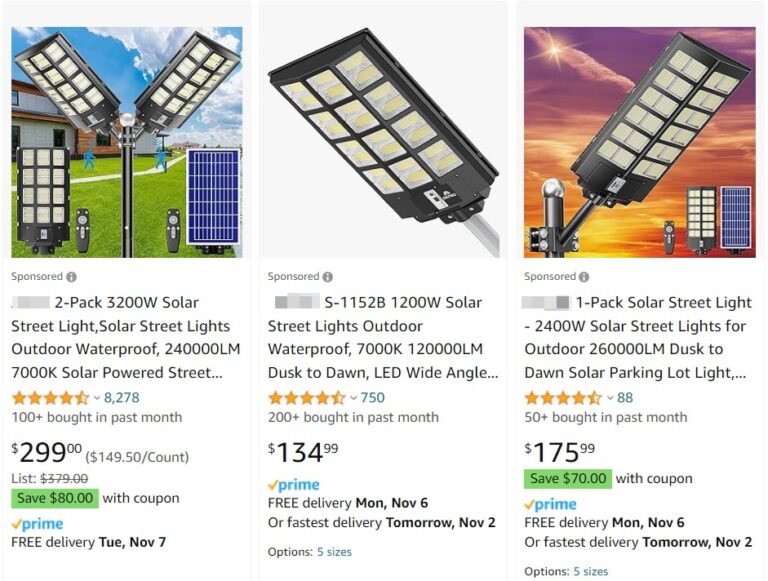
2. Too many product types to professionally regulate.
Amazon sells countless types of products. As an online sales platform, not a professional manufacturer, Amazon itself does not have the ability to professionally assess products. This includes not only the ability to professionally inspect product quality, but also the ability to initially assess product descriptions (listings). However, acquiring this discerning capability would require Amazon to employ professionals from various fields and invest a lot of effort in managing them, which is not an easy task.
3. Need to make money before regulating.
From a business perspective, sales are the engine and front end of a company’s growth, and this is the same for online sales platforms. Amazon must first earn money to gradually improve the quality of the products sold on its platform. But this reason doesn’t seem valid, as Amazon is already a giant entity, and its shareholders and bosses are already very wealthy.
4. Need to appease suppliers before regulating.
Amazon does not manufacture products, its development depends on the support of suppliers. If there were no suppliers setting up shops on Amazon, it would lose its value to end consumers. So Amazon must first introduce a sufficient number of shops and products, regardless of the quality, to attract buyers, then gradually strengthen the quality management of its supply chain. But it’s nearly 2024, and Amazon is already a giant, yet the phenomenon of falsely advertising LED solar lights is still rampant. Perhaps because the sales of solar lamps on Amazon’s platform account for a very small proportion, the quality control of solar lamps has been put in the last stage.
5. Assumption that low-voltage products do not affect electrical safety.
Most conventional LED lights we use daily are powered by high-voltage AC, such as AC 110V in North America and Japan, and AC 200~240V in Europe and Asia. This voltage is threatening to human safety, so certification and testing requirements are stricter. LED solar lights do not need to be connected to the high-voltage grid and do not have the usual electrical safety risks, so they are often categorized as products that do not need to be managed.
6. Over-reliance and misunderstanding of customer reviews.
Many people believe that customer reviews can be used to identify and improve product quality and weed out subpar shops. If a shop has good product quality, it naturally gets more five-star reviews, and consumers just need to choose the shops with high scores. While this makes some sense, it’s far from enough. Most consumers can only discern superficial quality information like packaging and whether the product works but cannot understand or discern the product’s important intrinsic parameters.
Specifically for LED solar street lights, over 90% of consumers can only understand its external sensing function, whether it is bright enough (only a feeling, many ordinary consumers do not understand the real concept of brightness), whether it’s easy to install, the number of LED beads (which is almost meaningless), etc. They cannot understand or judge some crucial parameters: color temperature, the quality of the solar panel, actual luminous flux, actual battery capacity, waterproof performance, etc. So it’s not hard to understand why, when sellers claim that their LED solar lights can reach several kilowatts, almost no consumers feel they have been deceived.
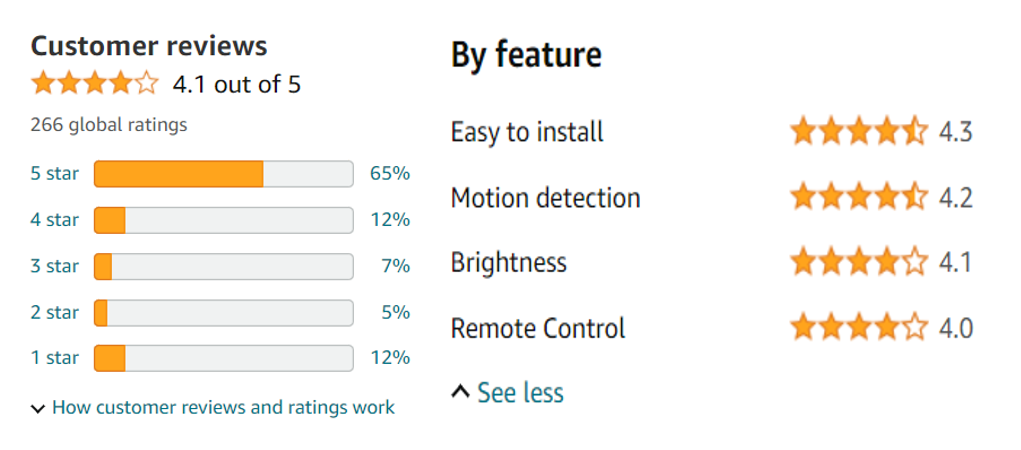
7. Malicious competition among sellers.
Due to the lack of penalties for dishonest sellers, who instead gain more orders and customer favor, honest sellers are forced to falsely label parameters, getting caught in this vicious competition, which eventually escalates.
The consequences
So, what are the consequences of these falsely labeled products?
1. Impacts Amazon’s reputation.
Amazon is an important platform company, carries significant social responsibilities, and is a respected brand. However, it’s undeniable that such dishonest products have damaged Amazon’s reputation, even if Amazon can find many reasons to justify it. Moreover, I’m thinking, if the false labeling of LED solar lights on Amazon is so serious, could other products be the same? Would others have the same thoughts as me? As far as I know, on other online platforms, there are many power tools and pumps for sale that also have a large amount of false power and horsepower ratings, and the phenomenon of bad money drives out good. Could this also happen on Amazon?
2. Pollution to the environment.
I have tested quite a few of these LED solar streetlights. Their color temperatures are very high, causing light pollution. At the same time, what’s even more serious is that these lights often use many LED light sources, and the solder paste used to solder these LED light sources often contains lead (which does not comply with environmental regulations). In addition, the main body structure of low-quality solar lights is plastic, which also creates a lot of plastic waste.
Note: In fact, only a few light sources are needed to make LED solar lights, but manufacturers mislead consumers into thinking that the number of LED light sources is directly proportional to the lighting power, so they often use a large number of inferior LED light sources.
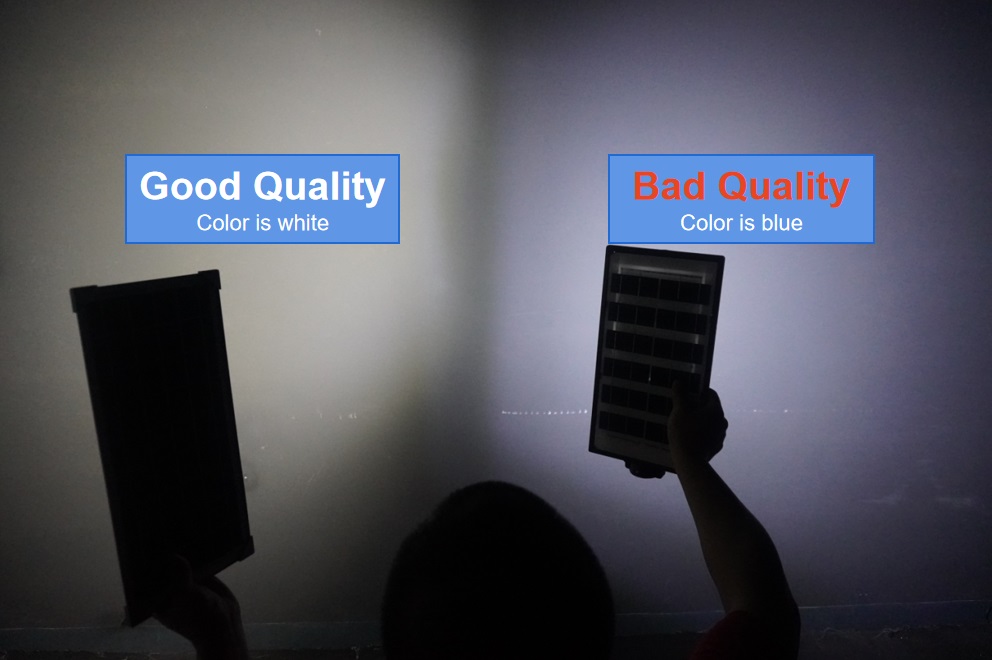
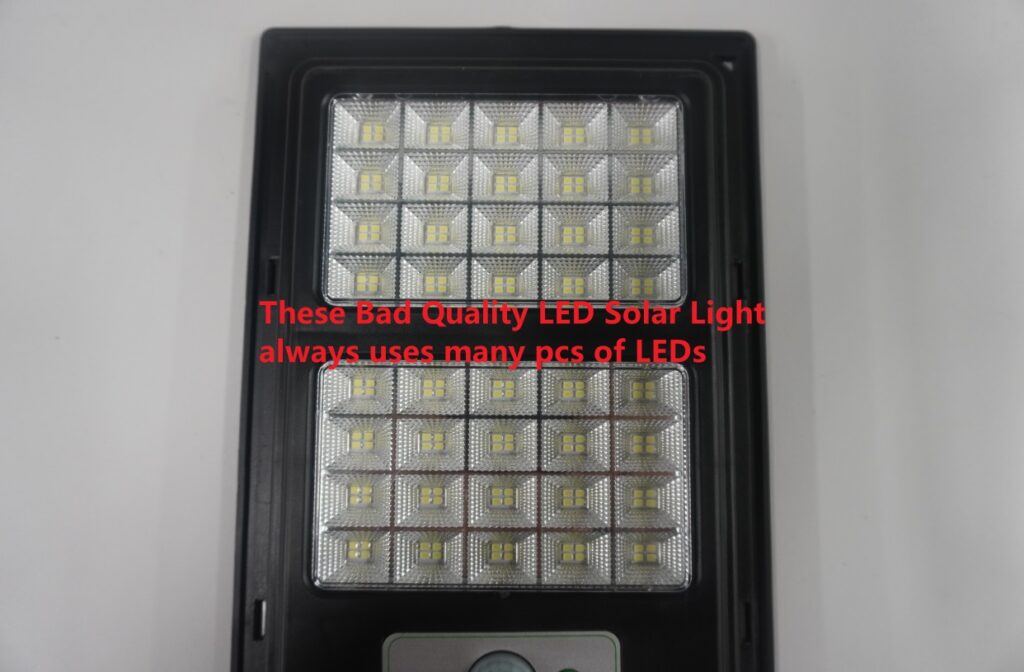
3. Causes losses to consumers.
This is beyond doubt.
4. Disrupts the marketplace.
As a behemoth, if Amazon cannot strengthen the quality control of its stores, the destructive power to the entire market and supply chain is immense. This will encourage dishonest behaviors, suppress serious and honest sellers, and intensify malicious competition.
My suggestions to Amazon
I believe that as a company with a sense of social responsibility, if the relevant person in charge at Amazon sees my article, they will definitely take measures to prohibit sellers’ deceptive behavior, while also encouraging honest sellers. Moreover, as a high-tech company, Amazon will undoubtedly have its unique and efficient methods. However, I still want to combine my own experience in product quality inspection to offer some suggestions to Amazon:
1. Support honest sellers.
Instead of using advertising fees and sales volume as the measure of traffic, support sellers who are honest. This will also increase Amazon’s competitiveness in the long term.
2. Apply the 80/20 rule.
Start with common parameters to get the maximum effect. For example, for many electronic and lighting products, “power” is an important parameter. It is a low-cost, easy-to-measure parameter. Amazon could require sellers to first ensure the truthfulness of “power” and then gradually extend to other parameters.
3. Recognize the limitations of product quality certificates.
For example, products with UL/ETL certification are not necessarily good products. The quality of mass-produced products may differ from the quality of the certified samples.
4. Conduct professional spot checks on sellers’ products.
Review listing and product description, and test performance.
5. Recognize the nature of sellers on the platform.
Many sellers on Amazon are e-commerce companies, not factories. These sellers are proficient in online store operations but do not understand the products. So even if the parameters are falsely labeled, they themselves may not know (they just copy others’ descriptions). Therefore, measures need to be taken to gradually change this state, such as: certifying some professional sellers in niche areas, and monitoring these sellers’ actual professional capabilities in the long term (similar to UL sending auditors to factories for checks every quarter).
6. Value customer reviews in a more professional way.
Pay attention to customer reviews after shopping, but do not rely solely on these reviews.
As a third-party quality inspection company, we are equipped to safeguard the quality of your LED Lighting products. Our services encompass professional quality inspections, sample testing, and assessments of factory capabilities to provide you with peace of mind regarding product excellence.
Email:[email protected]
WeChat: LNY0539
Whatsapp: +86 18616827523
Web: www.backmorning.com

Hank Wang
Supply Quality Management Professor.
Quality Inspector in Lighting Field and Steel Structure Field.
Certified Welding Inspector by American Welding Society.
15 Years' experience of supplier quality management.
Six Sigma Green Belt.
Related posts:
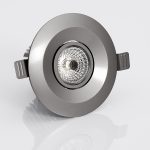 9 Secrets that Help You Find Quality LED Downlights and Manufacturers
9 Secrets that Help You Find Quality LED Downlights and Manufacturers
 Will the brightness of the DC light strip gradually decrease as the length increases?
Will the brightness of the DC light strip gradually decrease as the length increases?
 Top 2 problems of Bad Solar Light
Top 2 problems of Bad Solar Light
 Sustainability Audit
Sustainability Audit
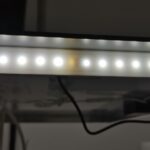 Top 6 lighting quality issues from the factories
Top 6 lighting quality issues from the factories
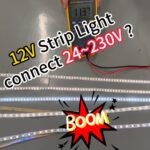 Connect the 12v led strip light to 24V~230v, what will happen?
Connect the 12v led strip light to 24V~230v, what will happen?

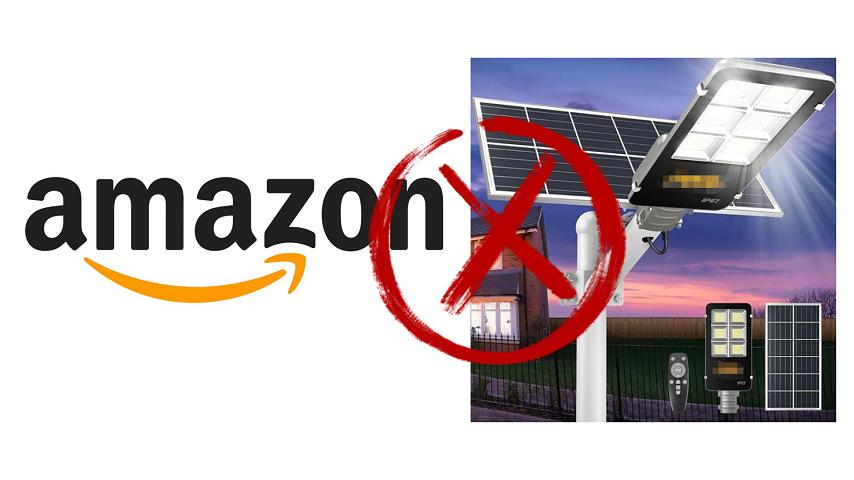
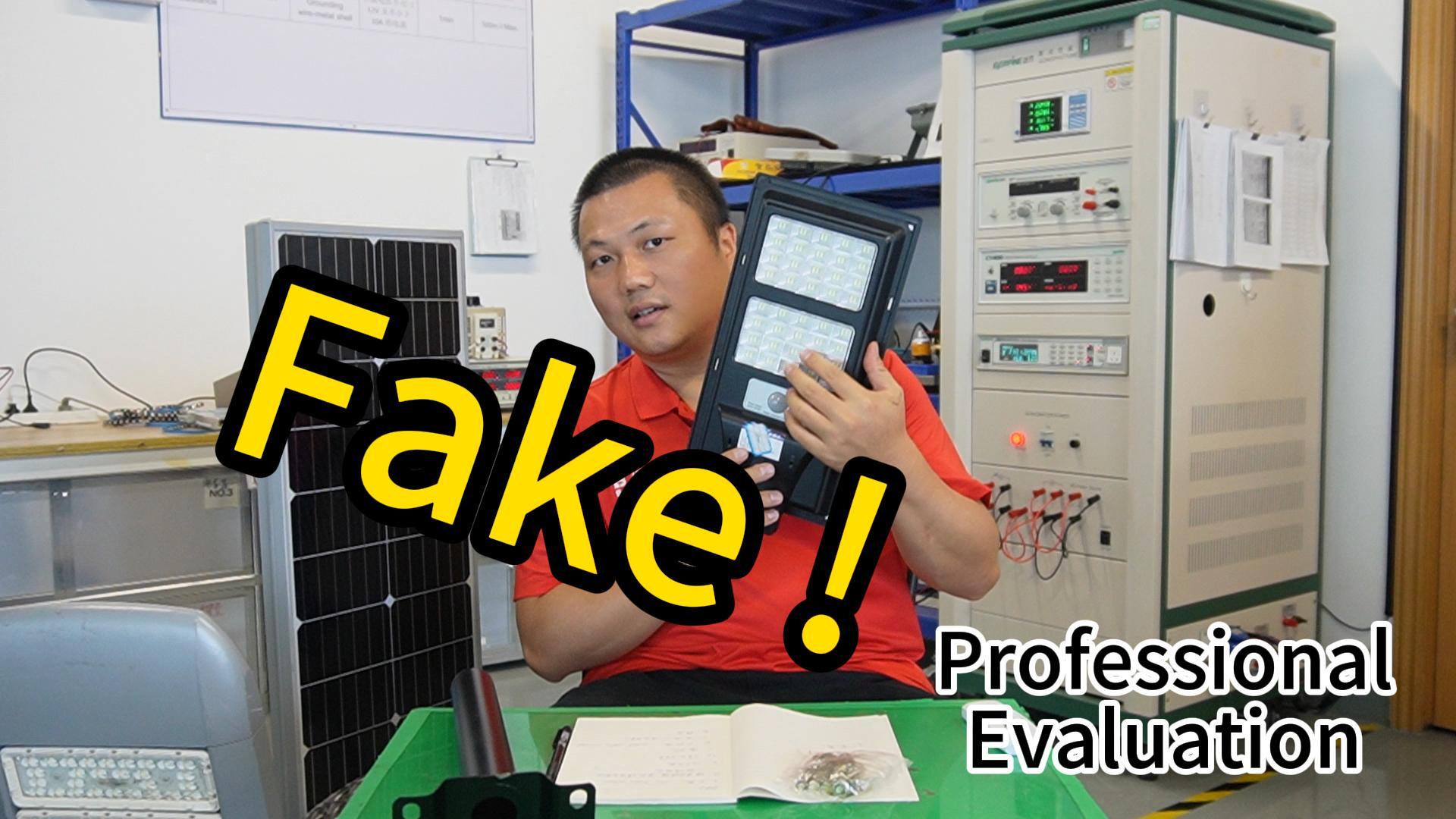
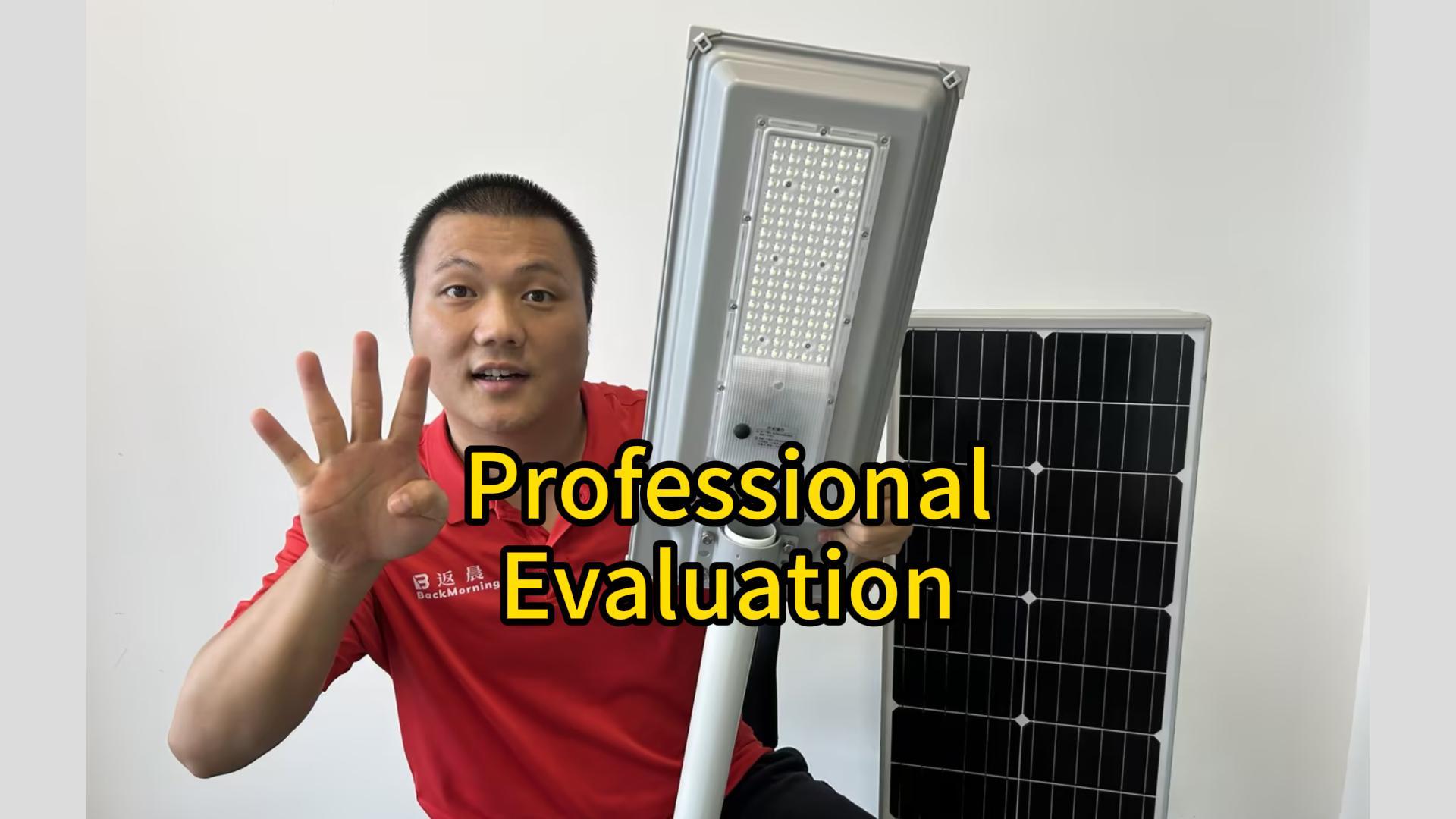
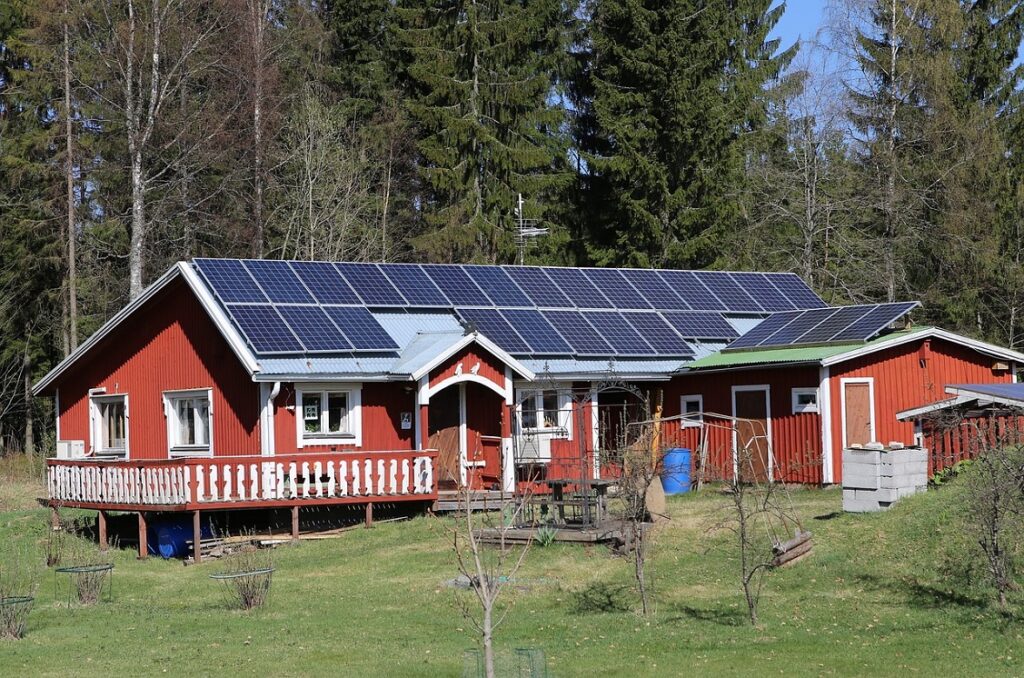
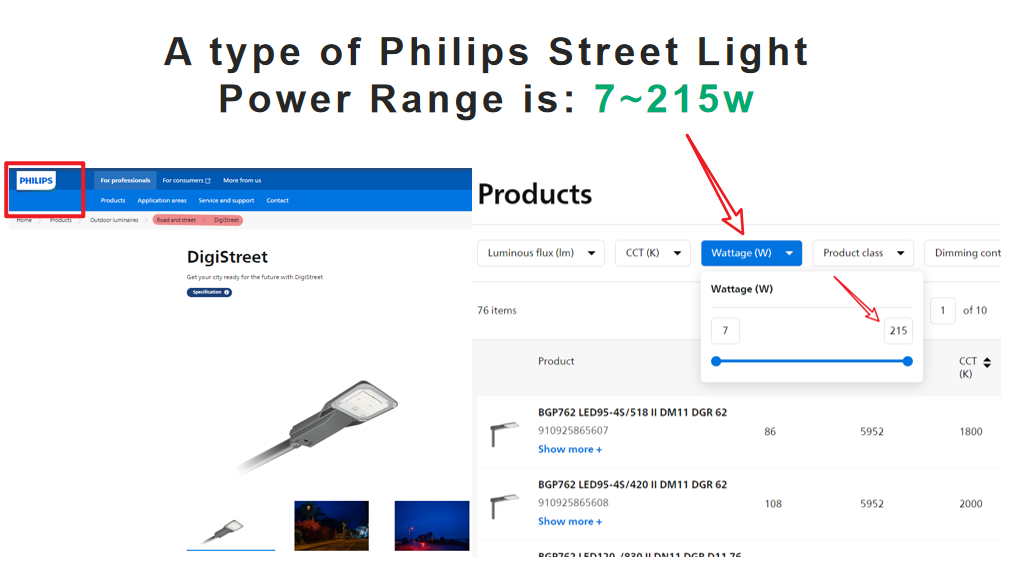
“This is an important issue. Consumers have a right to purchase quality products, not be misled by false advertisements.”
I think this problem might be prevalent on other e-commerce platforms as well. We need a more comprehensive solution to tackle false labeling.